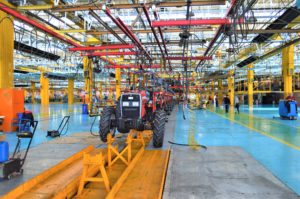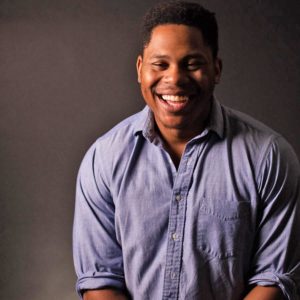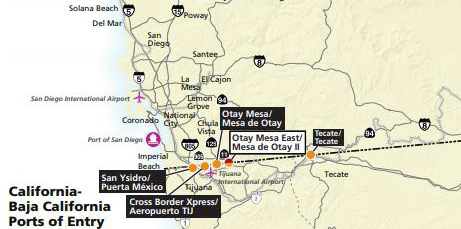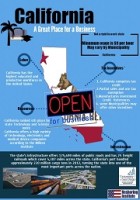The Enigma of Covid-19 by Gabriel Evans
 IN his book, The Enigma of Capital, David Harvey recites former Secretary of Treasury Andrew Mellon and says, “In a crisis, assets return to their rightful owners.” Harvey was using this quote to discuss the political structure that birthed the financial crisis we witnessed in 2008. However, as Jeff Bezos is on the verge of becoming the first trillionaire and thousands of people are filing for unemployment, it is hard not to see the truth in Mellon’s words in the age of Covid-19. Harvey also understands pandemics and global crisis to be the results of structural practices that disproportionally excel financial gains for those at the top of what he calls the social pyramid and excels financial losses for low-income and marginalized people. The ones at the bottom.
IN his book, The Enigma of Capital, David Harvey recites former Secretary of Treasury Andrew Mellon and says, “In a crisis, assets return to their rightful owners.” Harvey was using this quote to discuss the political structure that birthed the financial crisis we witnessed in 2008. However, as Jeff Bezos is on the verge of becoming the first trillionaire and thousands of people are filing for unemployment, it is hard not to see the truth in Mellon’s words in the age of Covid-19. Harvey also understands pandemics and global crisis to be the results of structural practices that disproportionally excel financial gains for those at the top of what he calls the social pyramid and excels financial losses for low-income and marginalized people. The ones at the bottom.
For some reason, pre-COVID, I found myself watching the Democratic debates regularly. Maybe it was a sign of what was to come, or the energy of the world preparing me for this internship at the Reshoring Institute. However, I was very intrigued by the rhetoric or argument presented by Amy Klobuchar. What was definite about her message, in my opinion, and may have been the reason why she “failed” in her campaign, was her messaged was founded on sustainable and structural practices that would stabilize middle-classed factory and farm workers. Soon after, COVID struck. Destabilizing, dismantling, and destroying the already stressful lives of middle-classed people.
The conspiracist in me, views Klobuchar’s message to be unpopular due to the fact, that the powers that be, (whoever they are) were prepared/preparing for the next structural pandemic, which would obliterate the middle class, and confirm the horrid truth of Andrew Mellon’s claim. However, this also means that manufacturing companies are presented with a unique opportunity. They could 1) continue the and reify Mellon’s assertion, or 2) take Harvey’s argument about structural practices to heart, and be a leader in creating new traditions that stabilize the middle-class during and ahead of global crisis’s and pandemics.
 Gabriel Evans is currently pursuing a Masters in Sociology and Criminology from the University of Arkansas. Gabriel holds a BA degree in Sociology and Anthropology from Swarthmore College and an AA in Behavioral studies from the College of the Redwoods.
Gabriel Evans is currently pursuing a Masters in Sociology and Criminology from the University of Arkansas. Gabriel holds a BA degree in Sociology and Anthropology from Swarthmore College and an AA in Behavioral studies from the College of the Redwoods.
Gabriel has a growing interest in building Social Sustainability through various avenues, including job opportunities, wealth attainment and management, income and educational inequality, and social mobility. He looks forward to his time at the Reshoring Institute to learn more about reshoring and supply chain and its relationship to Social Sustainability.



